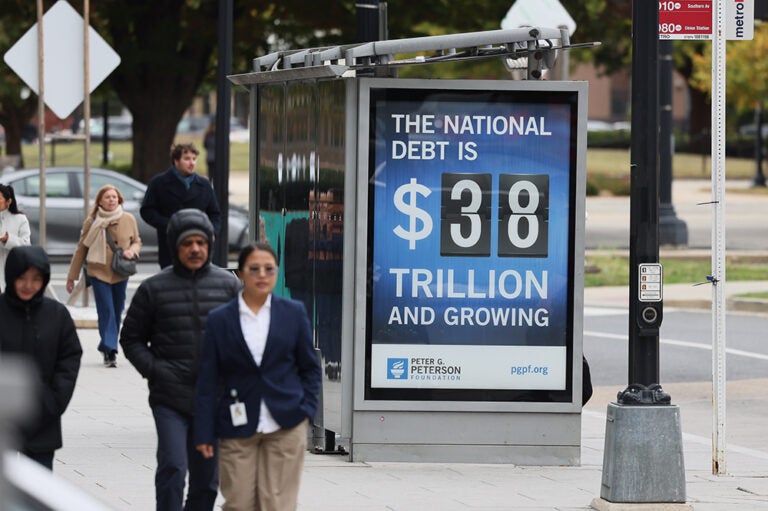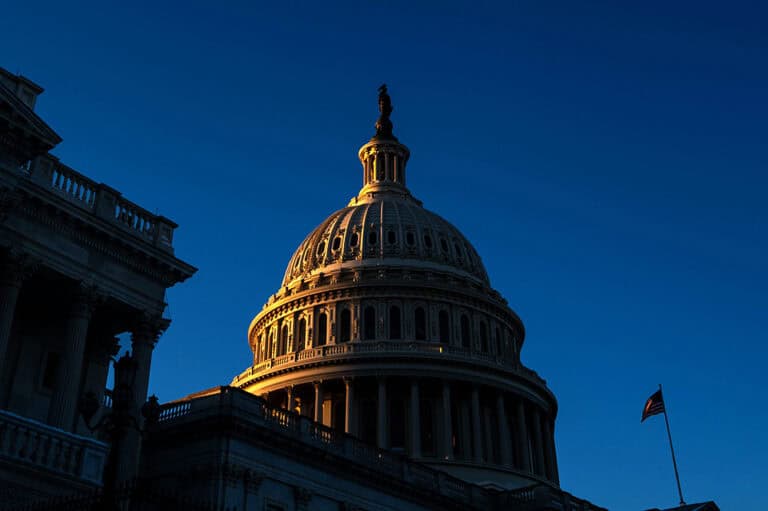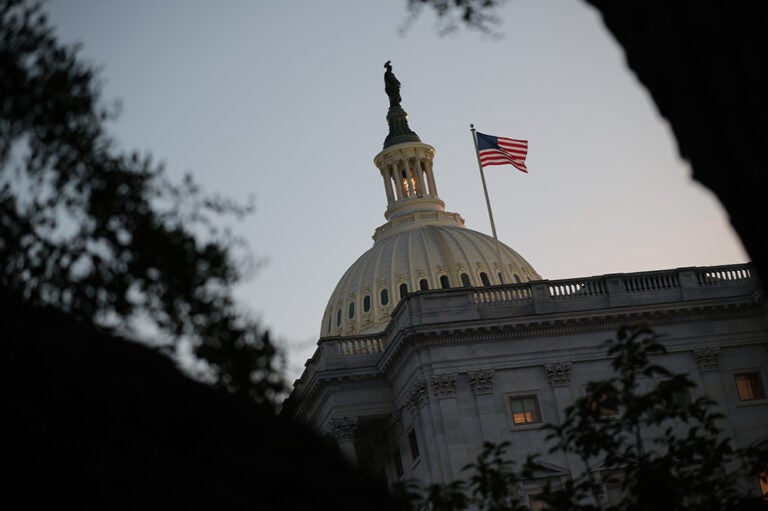During testimony before the Committee on Financial Services, Powell noted that the current economic expansion is the longest on record and emphasized the need to consider the long-term implications of fiscal policy:
“The current low interest rate environment means that it would be important for fiscal policy to help support the economy if it weakens. Putting the federal budget on a sustainable path when the economy is strong would help ensure that policymakers have the space to use fiscal policy to assist in stabilizing the economy during a downturn. A more sustainable federal budget could also support the economy’s growth over the long term.”
Under current law, federal deficits will exceed $1 trillion in 2020 and each year over the next decade, and the national debt will soon surpass the size of the economy, according to the latest projections from the nonpartisan Congressional Budget Office, which were released just last week.
Powell’s statement comes a day after the Trump administration released the president’s budget, which proposed significant spending cuts but relied on overly optimistic economic projections for growth. Economic growth was weaker in 2019 than in 2018, and most observers outside of the administration expect a further slowdown in coming years.
Image credit: Alex Wong/Getty Images
Further Reading
What Is the National Debt Costing Us?
Programs that millions of Americans depend on and care about may be feeling a squeeze from interest costs on our high and rising national debt.
Interest Costs on the National Debt Are Reaching All-Time Highs
The most recent CBO projections confirm once again that America’s fiscal outlook is on an unsustainable path — increasingly driven by higher interest costs.
New Report: National Debt Outlook Gets Worse as Interest Costs Exceed $1 Trillion Annually
A new CBO report shows that the national debt outlook worsened from last year’s projections.


